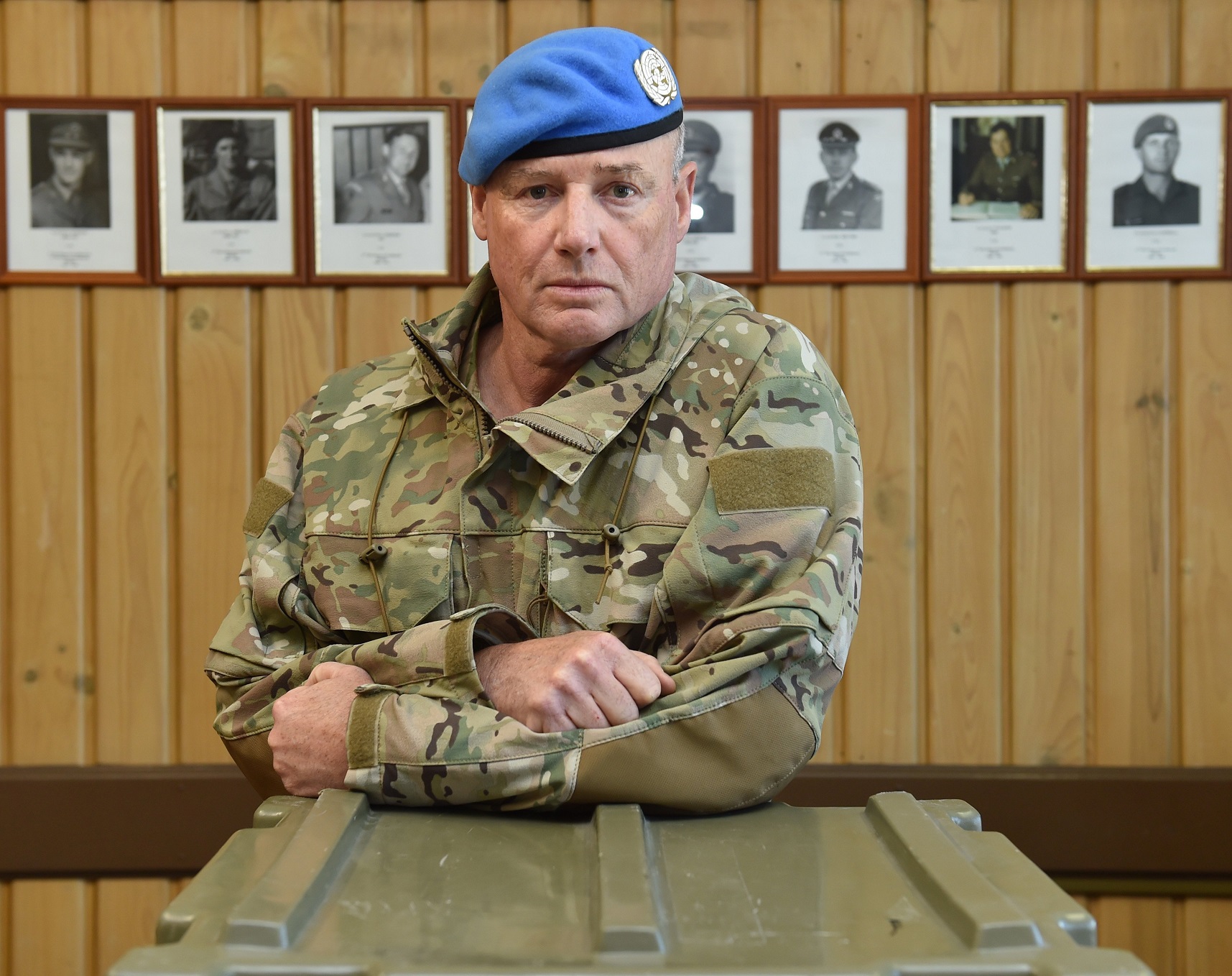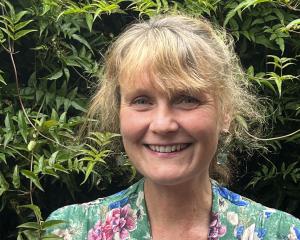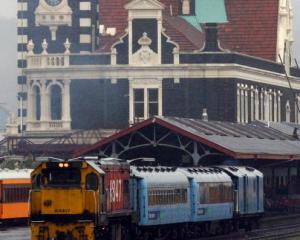
Major Duncan McEwan, of the 2/4 Royal New Zealand Infantry Regiment, returned to Dunedin from his deployment to the United Nations Truce Supervision Organisation in July.
The peace-keeping mission is made up of officers from different countries who are tasked with monitoring the ceasefire agreement put in place after the 1973 Arab-Israeli War.
Up to eight New Zealand Defence Force personnel are deployed to the mission across Israel, Syria and Lebanon at a time. It is the UN’s oldest peacekeeping mission and New Zealand soldiers have been deployed to it since 1954.
As an observer, Maj McEwan was unarmed and his job was to monitor the demilitarised zone between Syria and Israel, as well as the areas of limitations further back where there were strict rules about the amount of military equipment that could be stationed.
During the deployment, Maj McEwan was in a base maintained by members of the United Nations Disengagement Observer Force compound, where about 1000 armed peacekeepers — mostly from Ireland, India, Uruguay and Nepal — were stationed.
About 40 of the observers lived in a sub-compound in the base, Maj McEwan said.
The base had a 1.5km perimeter surrounded by barbed wire, Hescos (large baskets filled with earth), sentry towers and a quick reaction force in case of trouble.
"It’s just like you see in the movies," he said.
One of the biggest challenges was trying to determine who you were dealing with because there were so many different factions, including Syrian army, rebel groups, civilians, smugglers and even Russian soldiers supporting the Assad government.
The observers typically spent a week as part of a two-person team in an observation post followed by a week of patrols in armoured vehicles out of the base.
Other tasks included conducting investigations into significant breaches and inspections at military positions, of which there were thousands, Maj McEwan said.
The observers were broken into teams who covered different geographic areas.
When Maj McEwan first arrived he was stationed in the northern sector because the southern part of the mission had been closed since the Syrian Civil War was at its peak 2014.
One of his highlights was commanding the team that was working to re-establish the mission in the south.
He supervised the rebuilding of one of the observation posts which had been destroyed, although he returned to New Zealand before it was completed.
"There’s lots of intricacies that are more complex when you’re going back into an area where you haven’t a high level of presence," he said.
Navigating the complex human terrain was one of the most rewarding parts of the deployments and he had developed his skills in diplomacy, communication and negotiation.
Working with people from 19 different countries had resulted in lots of friendships being made.
"It’s a common thing in the military when you have these shared experiences which are quite unusual.
"It creates bonds between soldiers that last forever," he said.
He was now glad to be home.
"I appreciate hugely now this incredible isolated bubble that we live in in New Zealand, that’s just so protected from what so much of the rest of the world is exposed to.
"We’re very privileged here," Maj McEwan said.
Advertisement













